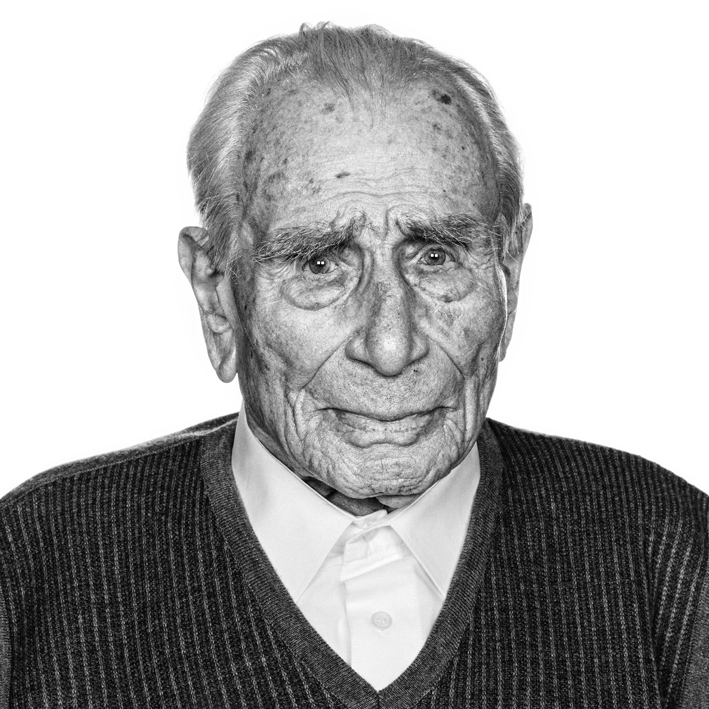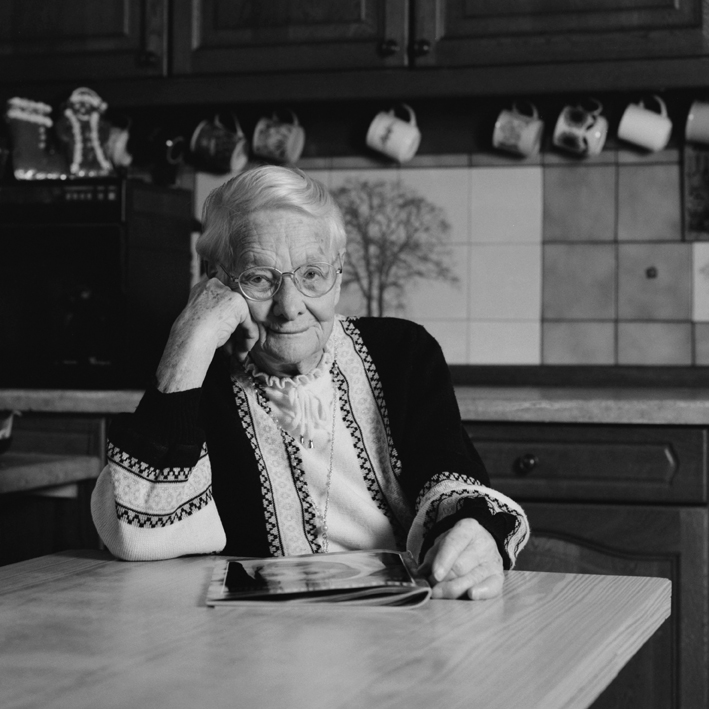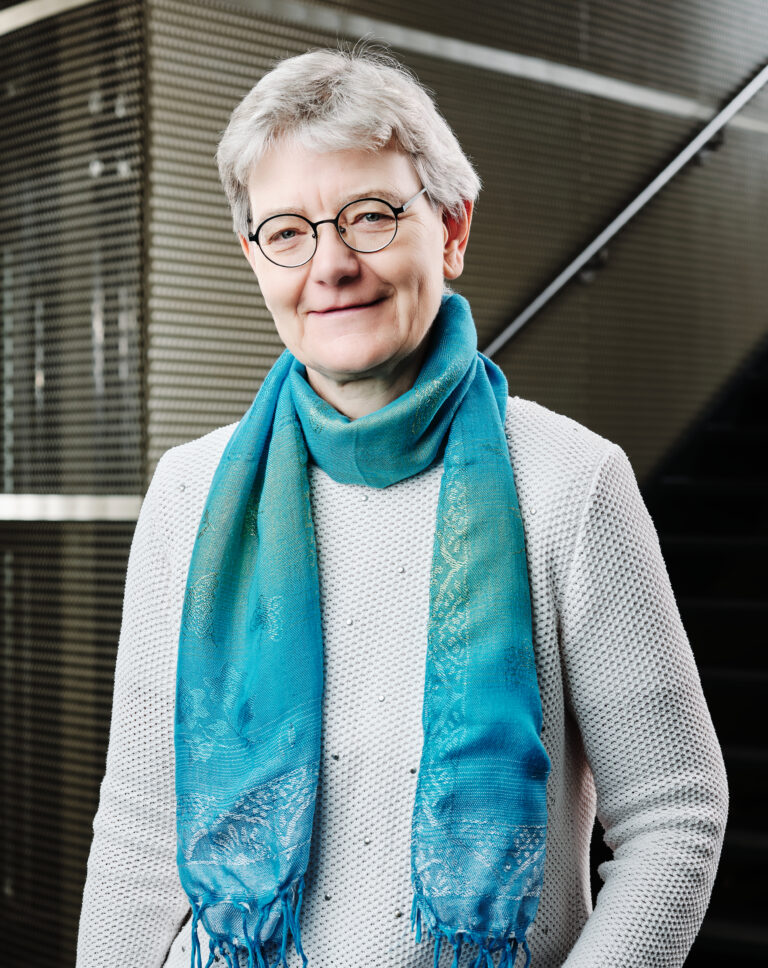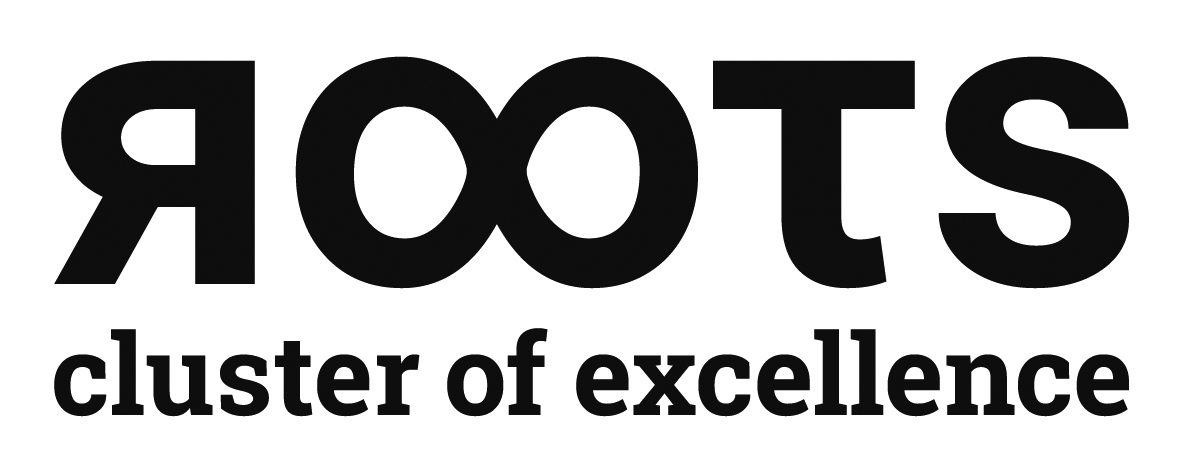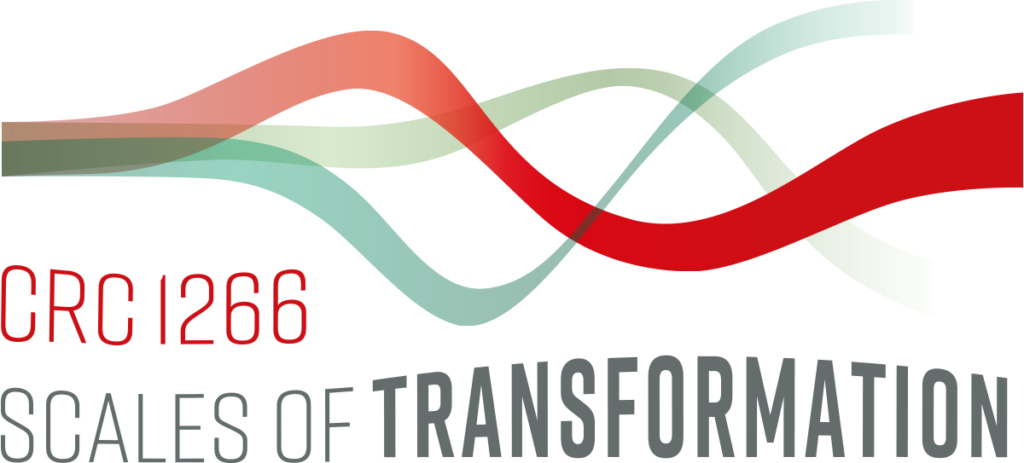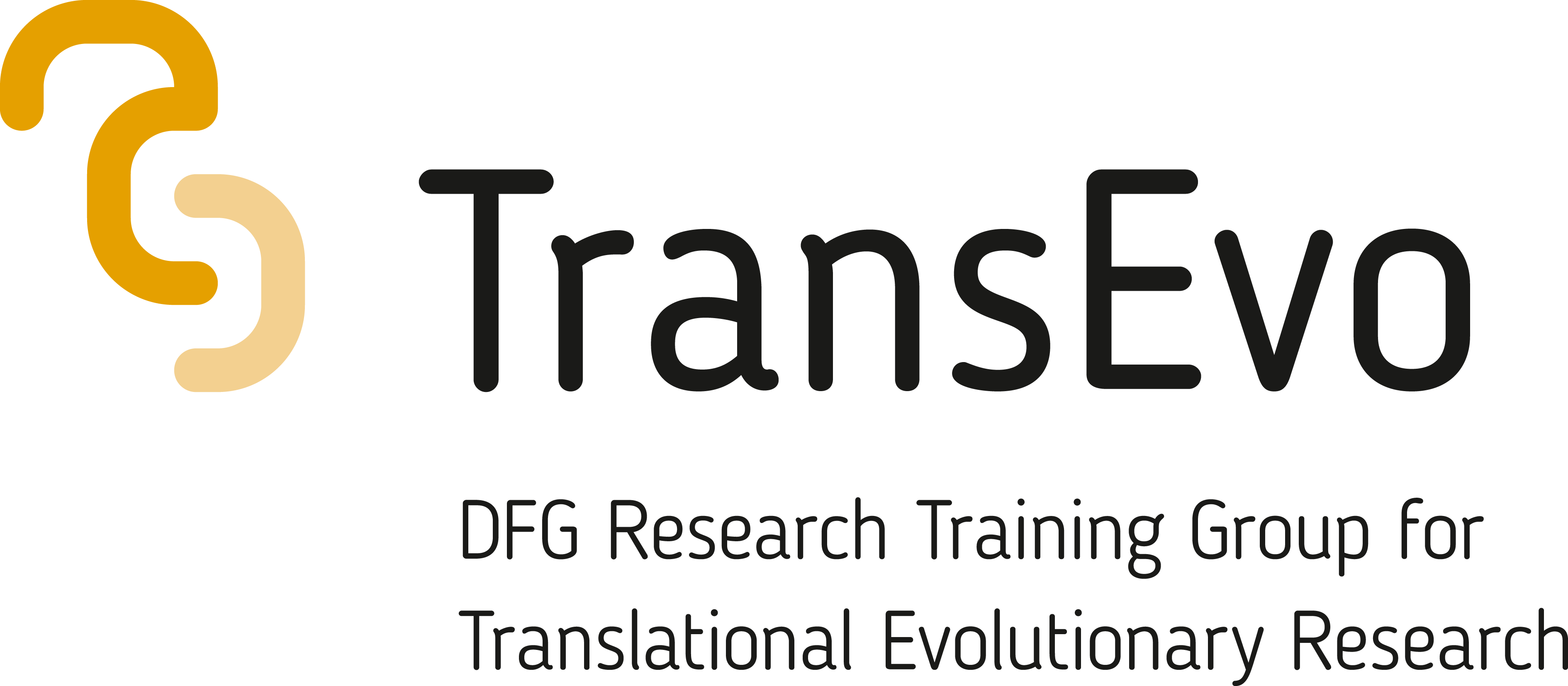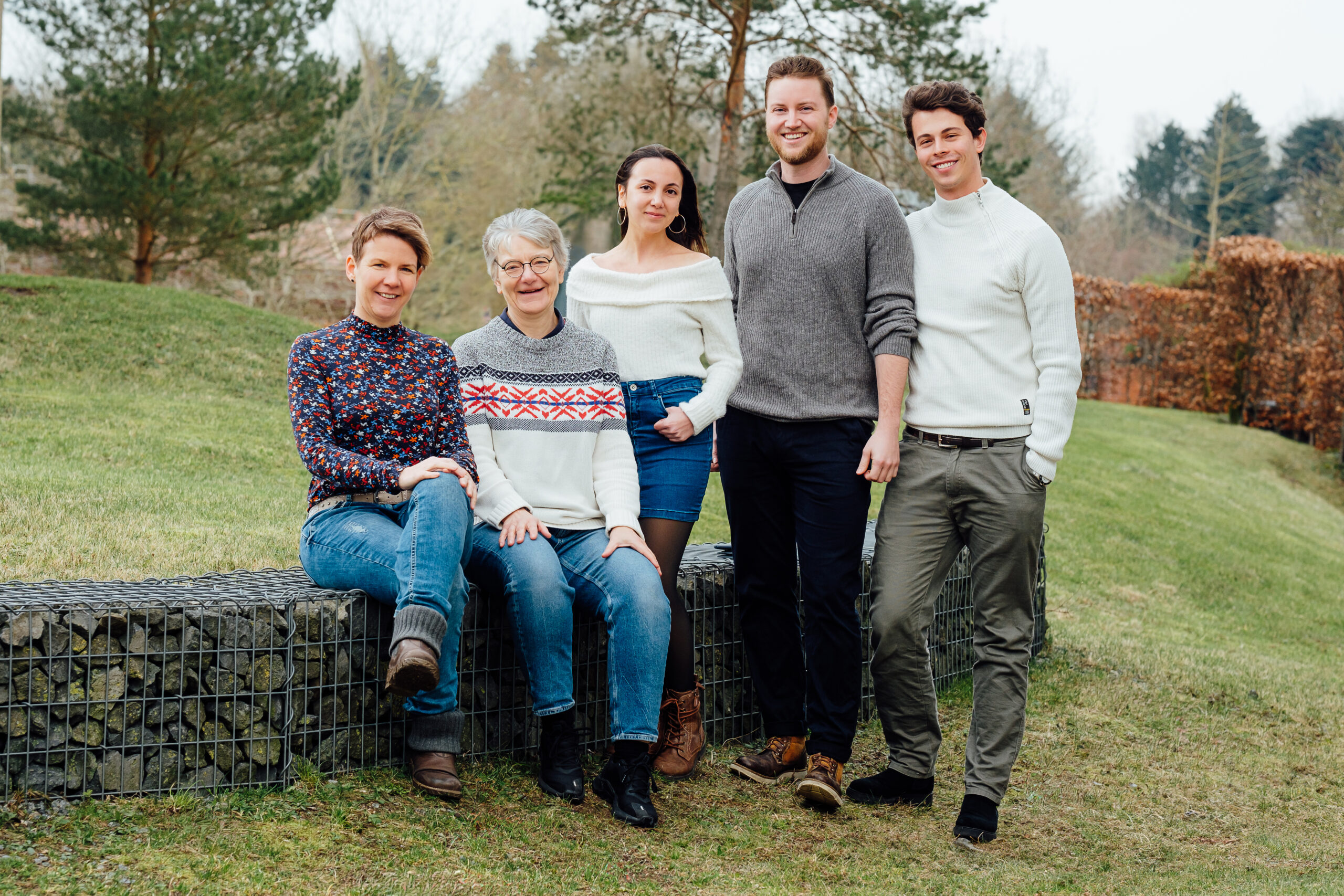
Almut Nebel
Genetics of Human Longevity
Mission Statement
Our goal is to unravel the genetic and molecular basis of human longevity. What does it take to live healthily to an age of 100 years and beyond? There is an element of luck involved, in the form of the genes we inherit from our parents. The complex phenotype of longevity is not only influenced by various environmental factors, but also up to 30% by genetic variation. Which genes and molecular mechanisms in particular help us become spry Methuselahs? This is the pivotal question addressed by our group. The foundation for current investigations is the extensive collection of DNA samples obtained from 1,600 German long-lived individuals (95 years and older) to which about 750 centenarians also contributed. Our aim is to understand 1) how genetic variants influence the ageing process – for better or for worse – and thus our ability to become long-lived, and 2) why these variants have been maintained in the human gene pool.
Over the years, we have identified and analysed primarily common variants associated with longevity, especially those in the forkhead box 3 (FOXO3) and the apolipoprotein E (APOE) genes. Currently, our focus lies on rare exonic variants and immune-relevant loci. In addition, we look at longevity variants from an evolutionary perspective. Through the study of ancient and modern DNA, we want to ascertain to what extent variation that influences longevity today has been under natural selection. Given that longevity likely played a minor evolutionary role in the past, we want to identify the phenotypes and triggers (e.g., changes in diet or pathogens) that were involved in potential selective events. Moreover, is there perhaps a common evolutionary history among longevity-associated variation? Our projects are conducted in close collaboration with the Ancient DNA Research Group.
In connection with these studies the book “100 Jahre Leben” has been published by Andreas Labes and Stefan Schreiber. Some of the photos of centenarians shown here are taken from this book.
